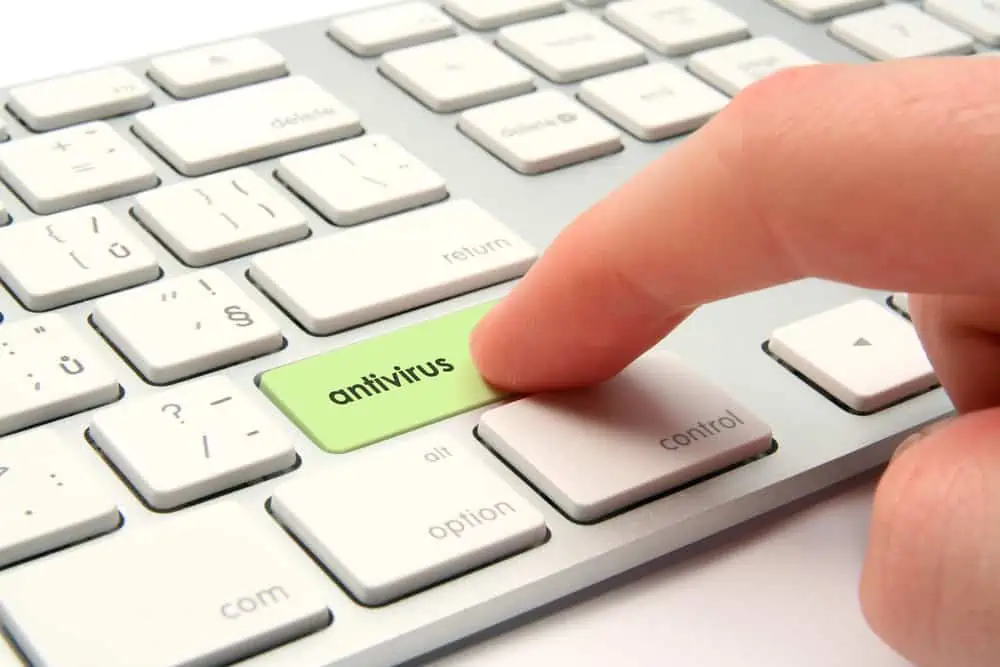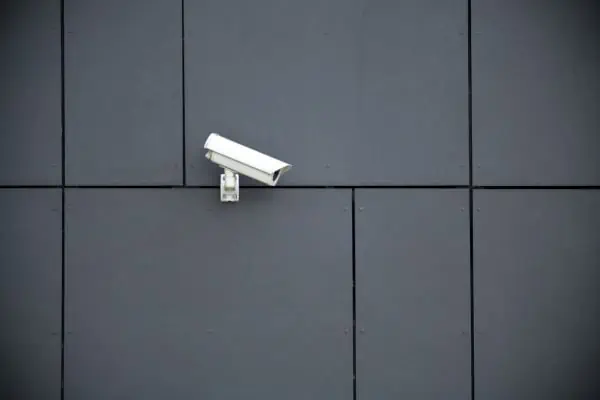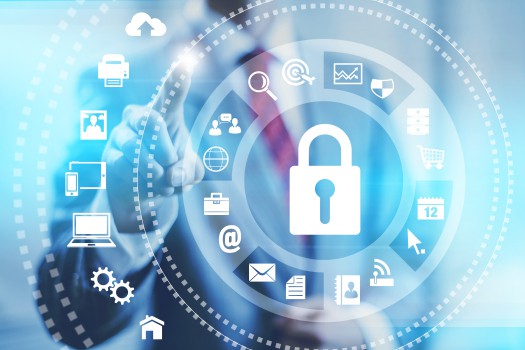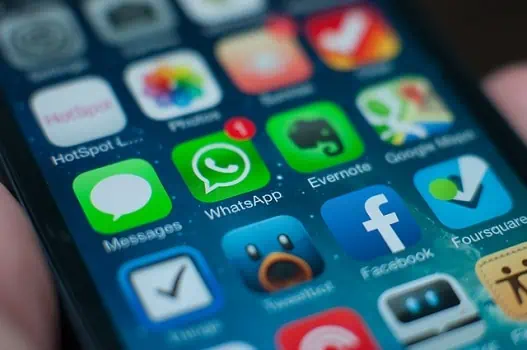Do you really need an Antivirus
Do you really need an Antivirus
An antivirus is made to protect you from all the alleged bad things on the internet, but do they really? Does an antivirus really protect you, or censor you? Antiviruses are always a hot subject with new malware being developed all of the time. Thousands of computers are infected, then hundreds of thousands, then botnets roam around. But its never consistent, virus are always changing. Viruses are always progressing. Are we staying safe, or are we secretly infected? Will we know when we are infected? What is the new form of malware, or spyware? How is it going to work? Will an antivirus keep us safe?
The antiviruses job (and a bit about malware)
This may be a bit boring so you can skip this part if you already understand how and anti virus works. An antivirus is made to scan your machine and detect potentially harmful, or unwated pieces of code on the computer. The code can be programed to steal data, cause pop-up ads, and do all sorts of terrible things to the computer. An antiviruses job is to scan in a certain algorithm that the piece of malware doesn’t know of, and catch it. A lot of viruses are detectable these days, and just pass arounds. But the updated malware runs F.U.D. (fully undetectable). Antiviruses are always trying to find the algorithm at which the piece of malware will jump around, and catch it. The reason for so many antiviruses is because one company may be better than the other. One may have an updated algorithm, while another may be commercial. One may be more updated, and blocking you from visiting fishy sites, while another may be specializing in rootkits.Antiviruses run in all different ways, and one may outperform another.
Is the antivirus keeping you safe?
Now that you have learned how the antivirus usually works, and how the malware somewhat works, we can see if antiviruses really keep us safe. For the most part, and antivirus will keep you safe. But, for another part, you can easily keep yourself safe. From personal experience and cleaning many computers over the years, I don’t see a need for one. I always tell people the same thing when they ask “How can I stay safe from a virus?”. It is very simple, you just need to be smart when browsing online. Just because you run Mac OSX, or Linux doesn’t mean you can get a virus. Just because you have an iDevice or Android doesn’t mean you can’t get a virus. Viruses are everywhere, and they are out to get everyone. They may not target you specifically, but when they infect you, its a win for them. You are nothing other than a slave, or bot to the bot holder. From personal experience, most antiviruses keep junkware, bloatware, and some snitchware off your computer (but a lot of antiviruses may install it). Then there are other great standalone programs such as Malwarebytes, SpyBot, and Super Anti Spyware, that help keep malware, and spyware based infections off your computer. Most antiviruses are not the all in one, and most don’t protect you from everything they should. It seems you need almost every antivirus online just to keep you safe from something else. There is no all in one, but there is a free all in one.
The free all-in-one antivirus
The free all in one antivirus is YOU! If you don’t install junkware programs, don’t download random programs online, don’t download “hack” programs from YouTube, don’t click on random or fishy links, and don’t install random junk, you will be safe forever. I haven’t used an antivirus for years, and I think most are complete bogus. They are overly expensive, and promise to much. Free antiviruses are installed with bloatware, or slow your computer down. Also, a lot of free programs have horrible detection rates. Its always “upgrade now, and get the super fast scanner, than scans everything with our 2.0 turbo charged antivirus”. Then you buy it, and its no different than the other 500 programs on the market. I’ll give you some simple tips to stay safe from infections online. Every once in a while you may run into a hacked site installing malware, or something not of regular nature, so always be on the lookout, and scan every once in a while.
- Don’t click on random or fishy links.
- Never install bogus programs off YouTube. Facebook account hackers DO NOT EXIST! Don’t ever install any type of hacker program, money adder program, or something that sounds too good to be true.
- Don’t install programs that install extra bloatware. If a program requires you install all the other random garbage inside of it, cancel the install. The program most likely has more junk inside it too.
- Be sure you are downloading from a trusted source. More times than not you may click on the wrong download button, or you may end up on a random site. I’ll list some tools down below on how to check what is and isn’t trusted.
- Uninstall programs, or junk you don’t use. Old programs may update without permission and install whatever they want. Grab CCleaner, go to Tools>Uninstall, and uninstall random programs you don’t use. If you don’t know what your uninstalling, feel free to look it up. You may not want to uninstall certain Microsoft updates or other things. But uninstall un-eeded junk.
- Keep Java, Flash, Browsers, Mail Clients, and all other things up to date. Updates are put out for a reason. Its usually to patch a bug, exploit, and/or add new features. ALWAYS keep up to date.
Keeping yourself safe when using, or not using an antivirus
Now not using an antivirus may sound scary, but its possible. I personally have not used one for years now. The tools down below should be used with or without an antivirus regardless, as I said, an antivirus is not the all in one.
- Unsure on your download source? Check websites like Web of Trust, Alexa, VirusTotal, and other sites that rank websites (DO NOT USE MCAFEE OR NORTON SAFE SEARCH, THOSE ARE COMPLETE BOGUS). Web of Trust is a user based site, that helps determine the reliability of the site based on users ratings. If you go to a trusted site, it will be green. If you visit a site that’s not so great, it will turn yellow and warn you. If you go to a site with a bad reputation, it will turn red and warn you before directing you to the site. Its all based on users too, no more do you have big companies rating and monopolizing what is good and bad, now its in the users hands. YOU can even rate the webpages too! Alexa is a site that measures its webpage ranking. Alexa may not be very good for stopping infections and whatnot, but if a site is complete bogus, its most likely brand new with little to no rank. Don’t depend on Alexa as it isn’t always accurate. WoT is the way to go, and they even have a browser add-on for every known browser. Use VirusTotals URL scanner to see if the site is trusted, or secretly injected with malware.
- Unsure if a file you downloaded is packed with a virus? A lot of viruses are packed inside programs and files. Also, most antiviruses won’t even find the virus till you allowed the program to install on your computer. Then its a nightmare to uninstall, as it may be persistent or just complete bogus. Use the website VirusTotal to scan files for you, before you install or run them. VirusTotal scans close to 40+ antiviruses and will bring you back with results. Once all antiviruses are done scanning the suspicious file, it will bring you back with accurate results. If one of the forty plus antiviruses found it, its most likely infected. If it is a trusted program, it could be a false positive. The antiviruses it scans with will keep reanalyzing the file throughout the week, so if you go to scan it again in a week, the antiviruses may have updated and spotted the new virus it didn’t see before. This is also a popular tool that antiviruses use to update their databases and search algorithms, so you are helping everyone when you scan a suspicious file.
- Use trusted products and a reliable browser. I see many people using a third party bloatware browser, or product to do something that another company created. Malware creators are always creating copycat products to infect you. Some of the copycat products even work like the real deal. But be sure you are using a reliable product. Also, as far as browsers go. Don’t use Internet Explorer, or some anti virus browser. Use a trusted browser such as Mozilla FireFox, Epic, or Chromium (Not Google Chrome, chromium is an open sourced browser not run by the Google giant.) You can read my guide on how to secure your FireFox here.
My personal experience
After not running an antivirus for years, it is just common for me. Privacy and security is something I always think of. But in the past I used to be overly paranoid. I would have 2-3 antiviruses running at one time (bad idea), I would still get rootkits, and big annoying viruses all the time. My computer was slow, chalky, and it would drive me to complete rage. I used to download dumb programs, infect myself, then go buy something online. Then wonder how or why my data got stolen. It was pretty bad, so I set out to find out how to stop this. A couple years later here I am with a website dedicated to internet privacy and security. It wasn’t always easy, but overtime I adapted.
And if you must, I get this all the time
“What antivirus do you recommend?”
From my personal testing, I can say Eset Nod 32 is by far the best antivirus in the game, aside from your brain. Their database is always updated, and they seem to have the best stealth technology, with a complex way of scanning. Its very simple to set up, with customizable options too. It uses little to no resources at all, and its the best in my eyes. Now big box stores will ALWAYS try to sell you some commercial garbage. When I get a new computer, I always wipe it and install a clean version of windows. Big box retailers always have per-installed apps, bloatware, system bloatware, and come with so much commercial garbage your computer is already crawling with junk. I have used close to all commercial antiviruses, and a lot more smaller antiviruses. I can still say Eset is the best in the game. When I used them they never censored websites, or did anything fishy. It was a clean cut, stealth antivirus.
Overall
Overall an antivirus is personal choice. But, if you want to save some money, and be smart, use your head. Not using an antivirus can save hundreds of dollars per year. Antiviruses have been commercialized, and you’ve been told you need one. In reality, you don’t. They are a good safety precaution for maybe people not so techy, but not so techy people can do everything I listed above. You just have to think before you act. Just make smart choices when you go online.






